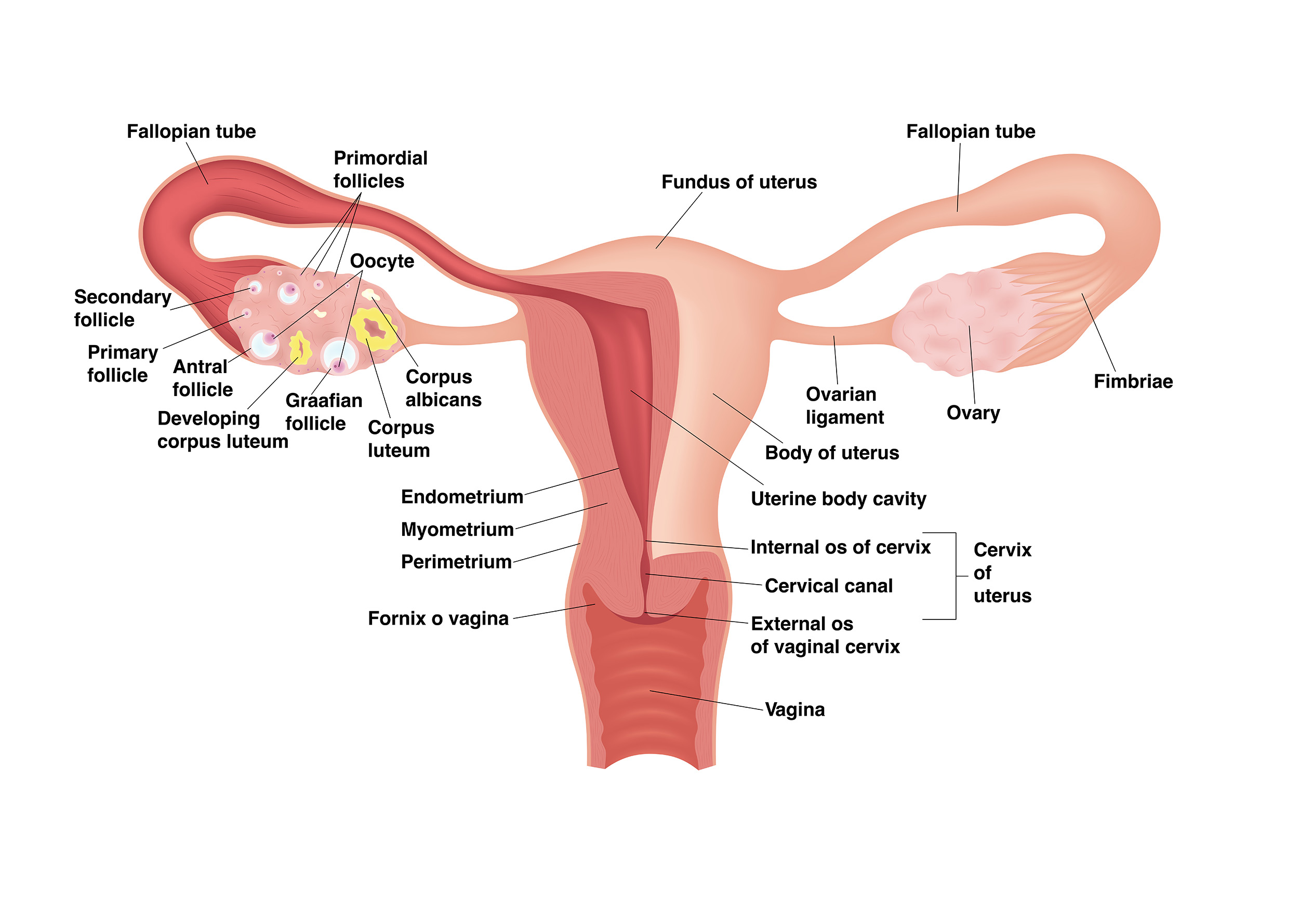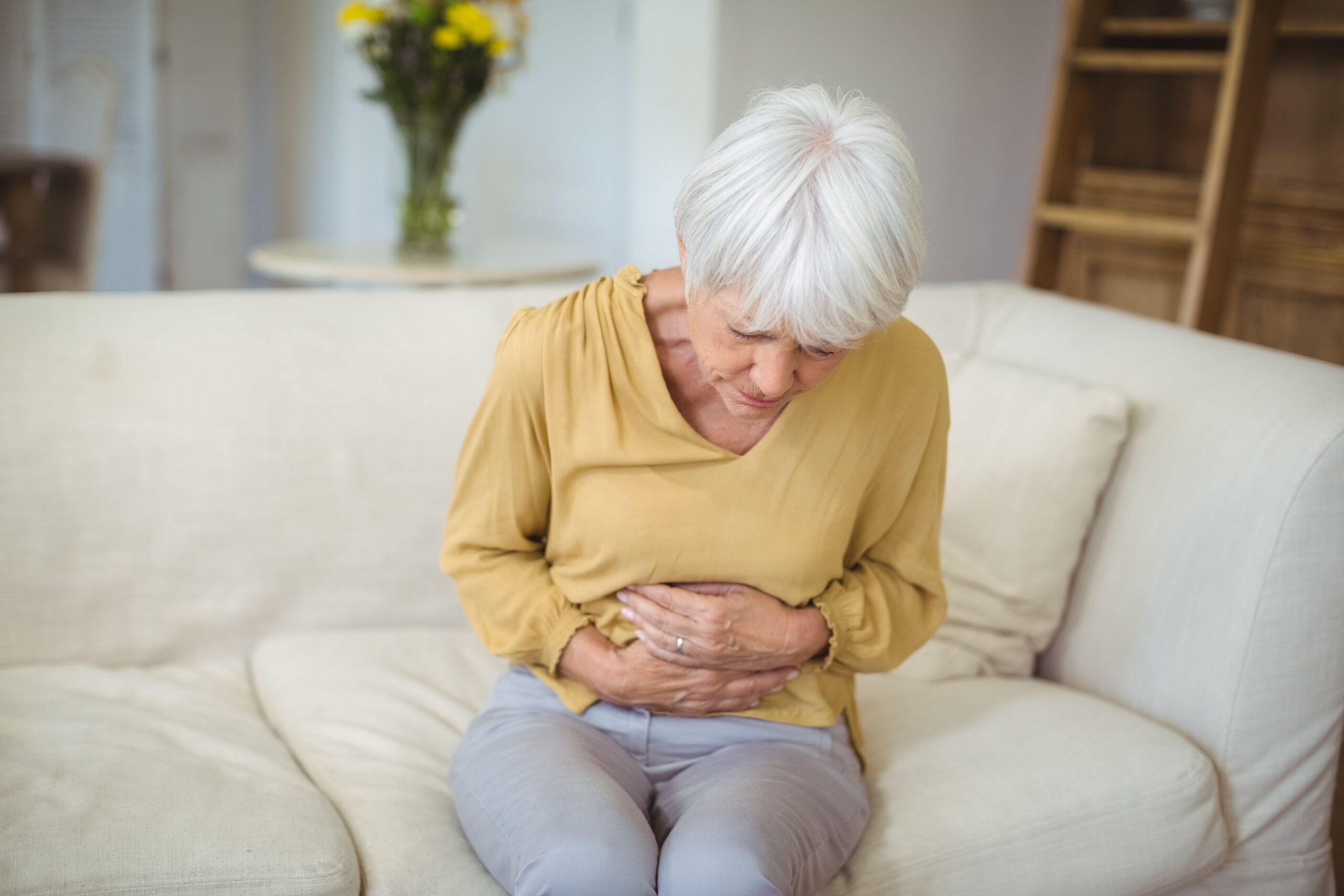Can endometriosis persist after hysterectomy/ovary removal/menopause?
Can endometriosis persist after hysterectomy/ovary removal/menopause? Yes, it can: Endometriosis does not “die off” or go away with a hysterectomy or menopause. Some people do
Endometriosis is a chronic and often painful condition where tissue similar to the lining of the uterus grows outside the uterine cavity. Affecting millions of women and individuals assigned female at birth, endometriosis can lead to a variety of symptoms, including pelvic pain, painful periods, heavy bleeding, fatigue, and infertility. While there is no permanent cure for endometriosis, there are several effective treatment options that can help manage symptoms, slow disease progression, and improve quality of life.
Understanding the available treatments is essential for anyone diagnosed with endometriosis or experiencing symptoms that may be linked to the condition. Because the disease affects each individual differently, treatment plans are highly personalized based on factors like age, symptom severity, reproductive goals, and response to previous therapies.
Treatment for endometriosis typically aims to:
There are several categories of treatment, ranging from conservative approaches like lifestyle changes and medications to more advanced surgical procedures.
Over-the-counter nonsteroidal anti-inflammatory drugs (NSAIDs), such as ibuprofen or naproxen, are often used as a first-line approach to relieve menstrual cramps and pelvic pain. For some individuals, this may be sufficient for managing mild symptoms.
Because endometriosis is hormone-sensitive, hormonal treatments are commonly prescribed to control the growth of endometriosis tissue. These include:
These therapies do not cure endometriosis, but can effectively reduce symptoms for many individuals.
For those who do not respond to medication or who have severe symptoms, laparoscopic surgery may be recommended. This minimally invasive procedure allows surgeons to remove or destroy visible endometriosis lesions and scar tissue. Surgery can also be helpful for improving fertility in some cases. In more severe or recurrent cases, additional surgeries or even hysterectomy may be considered, although this is typically a last resort.
For individuals with endometriosis-related infertility, fertility treatments such as intrauterine insemination (IUI) or in vitro fertilization (IVF) may be explored. Surgical removal of lesions may also improve chances of conception.
Many people with endometriosis find relief through complementary approaches such as dietary changes, physical therapy, acupuncture, or stress management techniques. While not a replacement for medical treatment, these can support overall well-being and symptom control.
Effective treatment for endometriosis is highly individualized. Working with a knowledgeable healthcare provider ensures that you receive a plan tailored to your specific needs and goals. Early intervention and proactive management can significantly improve the quality of life with endometriosis.
Can endometriosis persist after hysterectomy/ovary removal/menopause? Yes, it can: Endometriosis does not “die off” or go away with a hysterectomy or menopause. Some people do

Why You Need an OB-GYN Who Specializes in Endometriosis Endometriosis is common (affecting nearly 190 million women worldwide) but poorly understood by many medical professionals.

A hysterectomy is not a cure for endometriosis; however, many people with endometriosis also experience problems with their uterus or ovaries (such as adenomyosis, fibroids,

Author: Dr. Rebecca Patton, PT, DPT “I feel like you’re the first physical therapist who understands endo.” It’s a statement I wish I didn’t hear

Why Your Endometriosis Treatment Plan Should be Multidisciplinary Endometriosis (endo) is a chronic and progressive disorder characterized by the growth of endometriosis tissue outside the

what are the symptoms of endometriosis after menopause? Endometriosis does not “die off” or go away with a hysterectomy or menopause. Some people do find

“Should I take medication to prevent recurrence of my endo?” There is no definitive answer to this question- it is an individual choice that should

How do you create an action plan for your endometriosis? Where do you start? Start by understanding your disease and knowing your options. This website

How to use this website This website is designed to help you navigate learning all you can about the latest research on endometriosis, so that